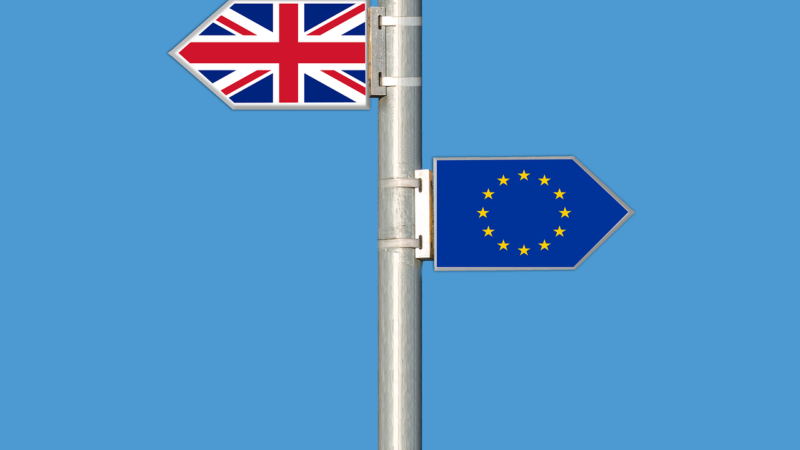Voters think No-Deal would increase the cost of living.

Around 90% of people in so-called ‘Red Wall’ seats think getting a trade deal with the European Union is important, a poll has found.
Pollsters spoke to 5,000 people in 44 ‘Red Wall’ seats. The ‘Red Wall’ is the name for seats in the Midlands and North of England which were previously strongly Labour but where the Tories have been growing stronger at each recent election. Many were finally won by the Tories in December 2019.
The poll showed 55% of people in these seats thought a trade deal was ‘very important’ while 34% said it was ‘important’.
These figures were similar for Tory voters in these seats – 55% said a deal was ‘very important’. Of those who switched from Labour to Tory at the last election, this figure rises to 57%.
Voters in these seats are worried a ‘no deal’ Brexit would increase the cost of living. Around 69% said they thought costs would rise without a deal. This includes 51% of Leave voters, 53% of Tory voters and 58% of Labour to Tory switchers.
The poll was commissioned by pro-EU group Best for Britain but carried out by a pollster called FocalData who worked for the Tories at the last election.
Commenting, Best for Britain CEO Naomi Smith said: “The data is clear: so-called ‘red wall’ voters, particularly those who switched from Labour to Conservative in these key battleground seats during the last election, are ready to punish the government if it fails to fulfil its manifesto pledge to secure a trade deal with the EU.
“With the UK in recession, these voters are scared about a double whammy of coronavirus and a no-deal Brexit. That’s understandable given the increase in bureaucracy that would still be required even despite the government backtracking on its desire to implement full border checks.
“This feeling of economic vulnerability will only grow as we enter the final months of talks, meaning the pressure is on for the government to secure a trade deal by the end of the year or u-turn and extend the transition period.”
The UK’s transition period ends at the end of 2020. The government has resisted calls to delay Brexit despite coronavirus delaying negotiations.
Joe Lo is a co-editor of Left Foot Forward
To reach hundreds of thousands of new readers we need to grow our donor base substantially.
That's why in 2024, we are seeking to generate 150 additional regular donors to support Left Foot Forward's work.
We still need another 117 people to donate to hit the target. You can help. Donate today.



